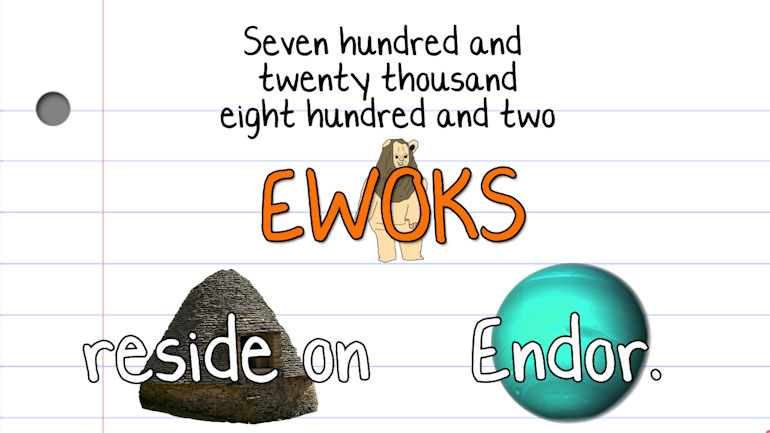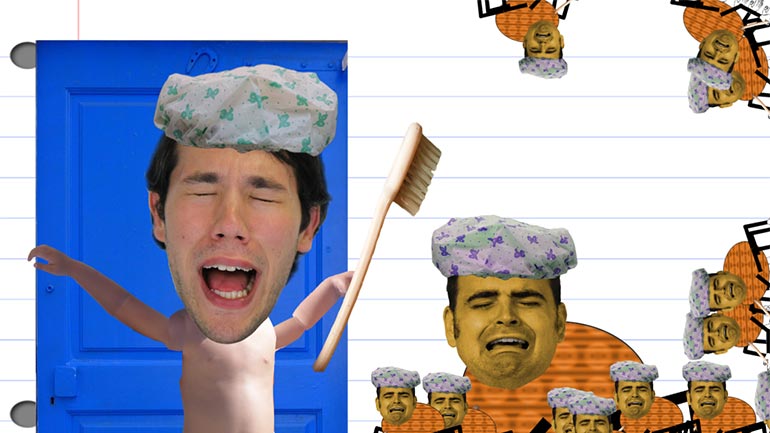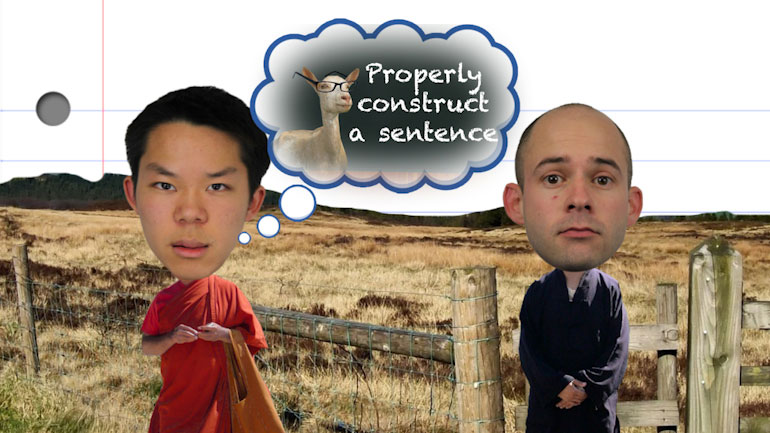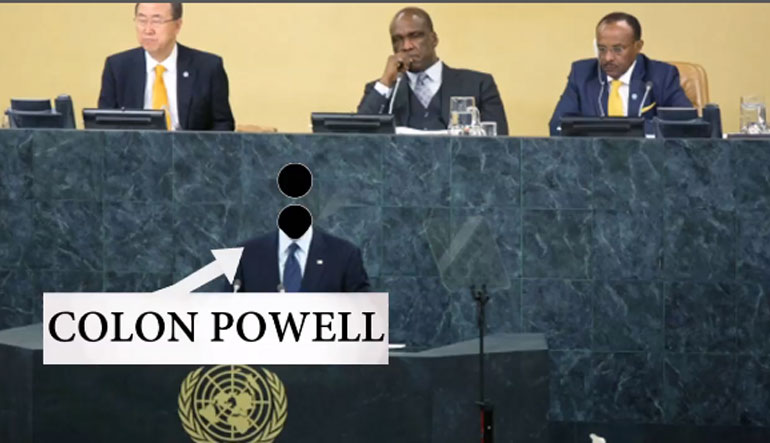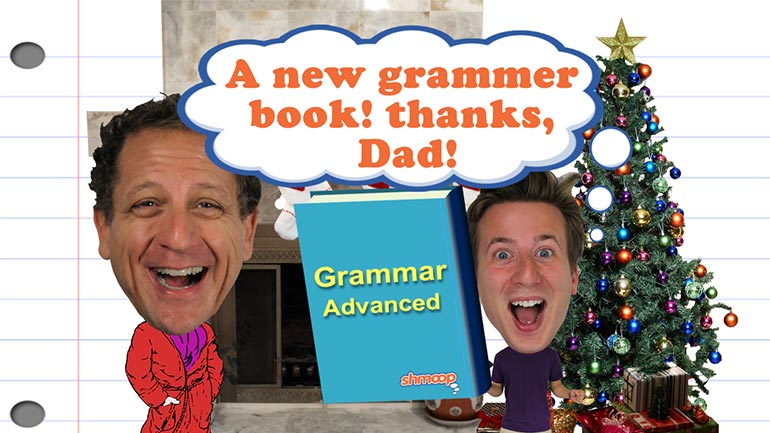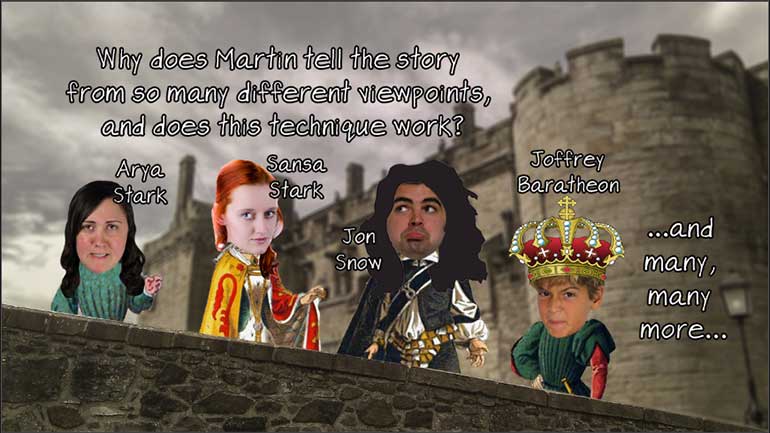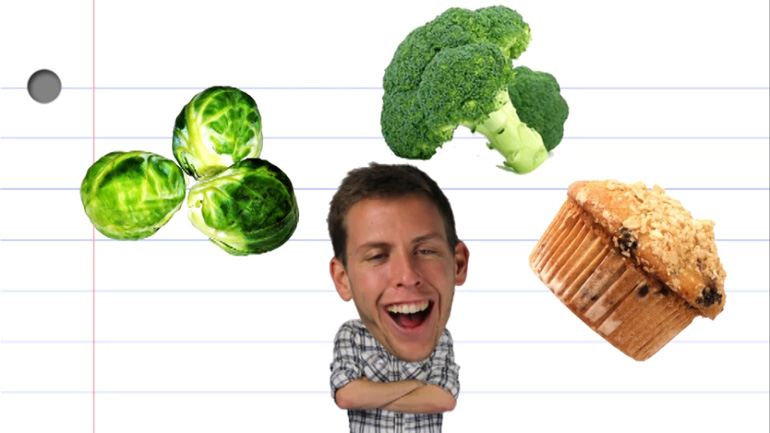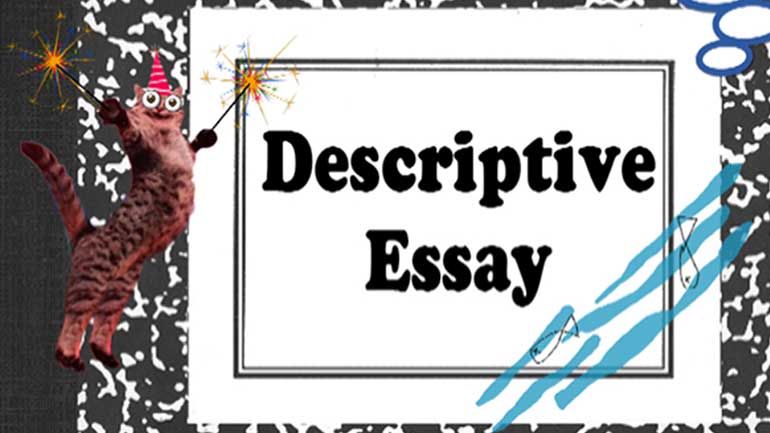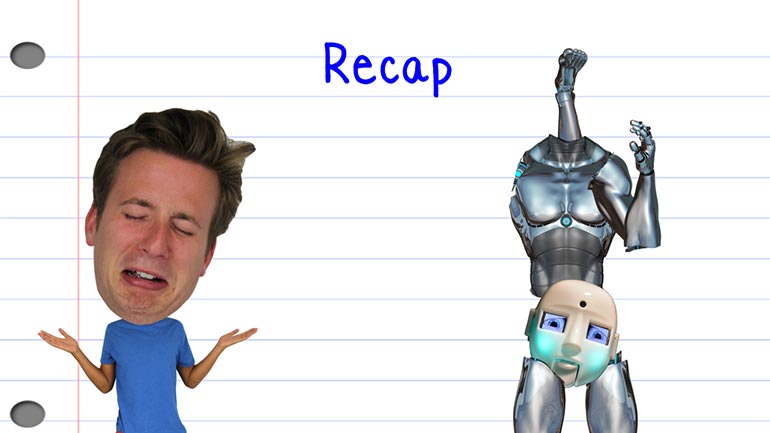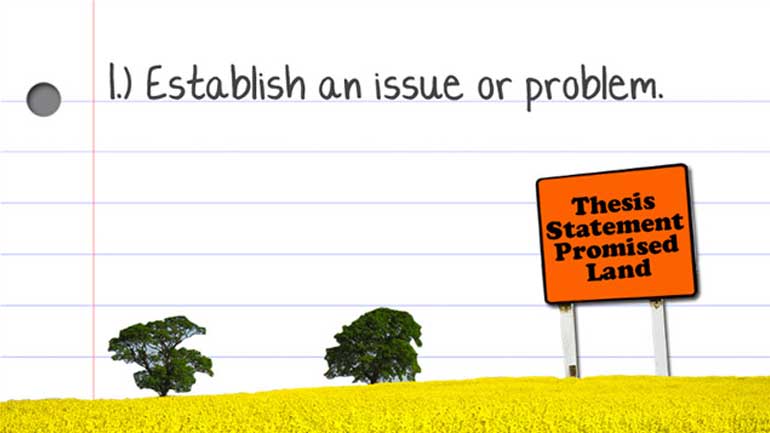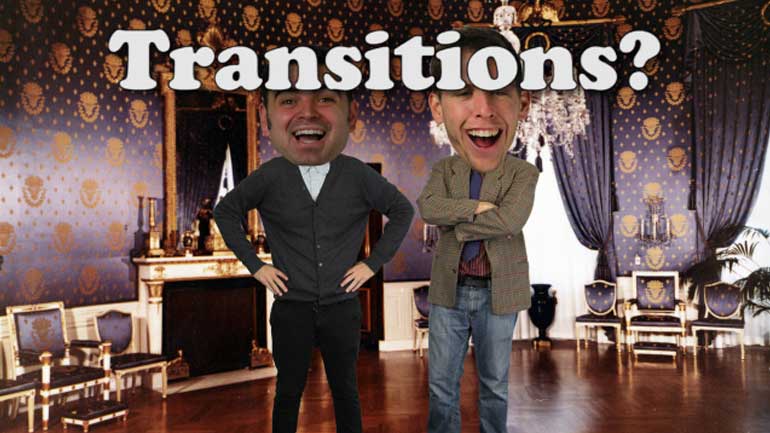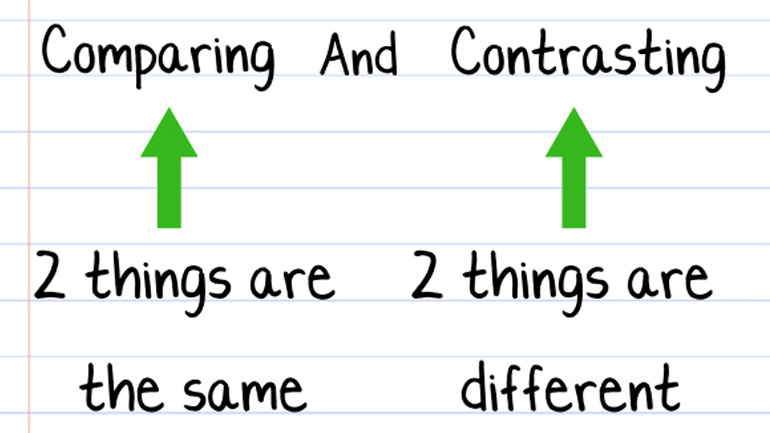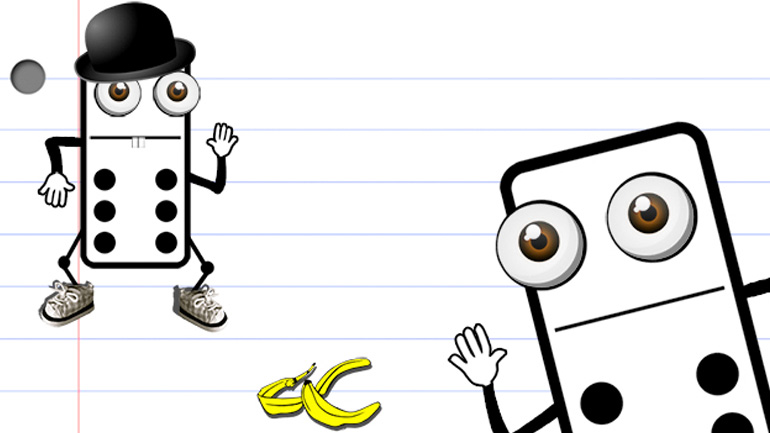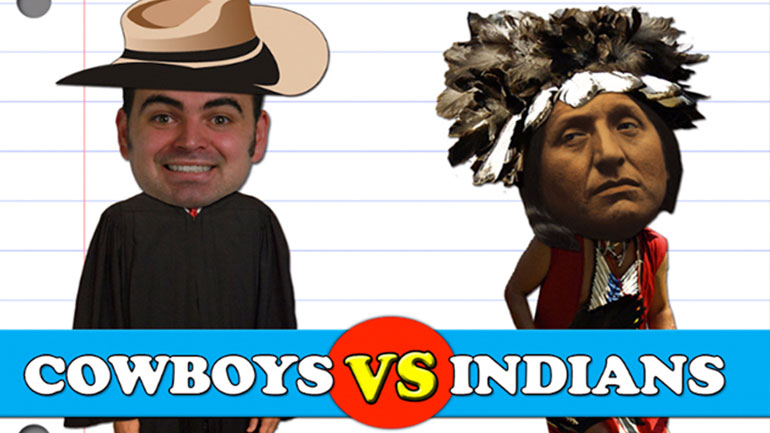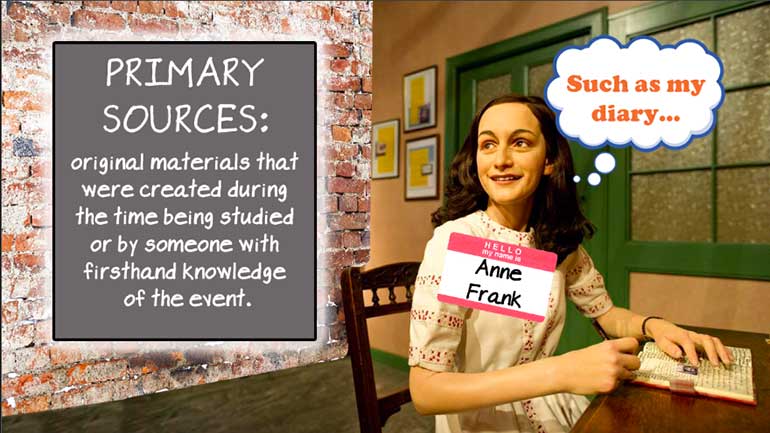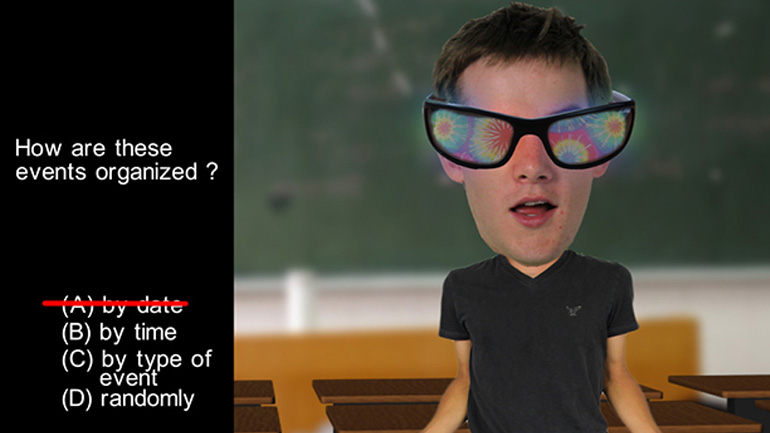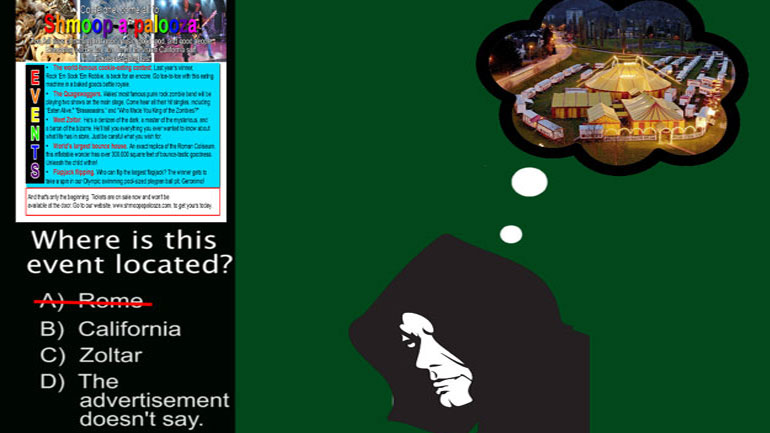ShmoopTube
Where Monty Python meets your 10th grade teacher.
Search Thousands of Shmoop Videos
Essay Writing Videos 71 videos
This video offers some rules of thumb for writing a good introduction. It covers everything from tone (confidence is key!) to phrases and clichés...
Even the best essays can go wrong in the conclusion—this video covers what not to do in a conclusion to help avoid any essay-ending problems. The...
You want to be as picky with your citations as Goldilocks was with her porridge—not too many, not too few... juuust right. You want to prove that...
Sentence Fragments 5948 Views
Share It!
Description:
Want even more deets on Sentence Fragments? Click here to review. Or take a look at our entire grammar section for all the goods.
Transcript
- 00:04
Sentence Fragments, a la Shmoop. Mary is a waitress, and she has to put up
- 00:08
with a lot at her job: aching feet...
- 00:11
...the smell of fried food...
- 00:13
...and the butt-ugly line cook who has a crush on her.
- 00:16
But there's nothing that drives Mary quite so crazy as when her customers speak to her
Full Transcript
- 00:22
in sentence fragments. When Mary asks Bill the bus driver what he
- 00:26
wants for lunch and he says, "Reuben sandwich"...
- 00:28
...his response is a sentence fragment.
- 00:31
When Mrs. Crabtree the retiree shakes her glass at Mary from across the room and yells,
- 00:35
"Tea!"...
- 00:36
...the old bat is speaking in sentence fragments.
- 00:39
Really, with all the sentence fragments Mary hears every day, it's a miracle she hasn't
- 00:44
gone at anyone with a steak knife. Grammatically correct sentences, as a rule,
- 00:48
have at least one subject and one verb.
- 00:50
For example, in the two-word sentence, "Mary cleaned"...
- 00:53
...we have the subject of the sentence, Mary...
- 00:55
...performing the action verb "cleaned".
- 01:02
Sentence fragments, however, tend to lack verbs, which is why they aren't real sentences.
- 01:06
Now, sometimes we encounter one-word sentences that look like sentence fragments, but are
- 01:10
actually full-on, pure-blooded sentences.
- 01:13
For example, there's the imperative sentence form, which consists of a one-word command.
- 01:22
When a customer spills his drink on the floor and Mary's boss says, "Mop!"...
- 01:26
...the word "mop" is the command...
- 01:28
...and Mary is the implied subject.
- 01:32
When a customer tries to sneak out of the restaurant without paying her bill, and Mary
- 01:36
shrieks, "Pay!"...
- 01:37
...the word "pay" is the command...
- 01:38
...and the thieving customer is the implied subject.
- 01:42
It's also possible to make one-word sentences out of exclamations.
- 01:47
When Mary drops a plate on the floor and screams "CENSORED!"...
- 01:51
...the exclamation "CENSORED!" is a sentence.
- 01:57
When Mary gets lemon juice in a paper cut on her finger and yells "Ouch!"...
- 02:00
...the exclamation "Ouch!" is a sentence. But...still not as much fun to yell as "CENSORED!"
- 02:07
Now, here comes the tricky part. It just so happens that, sometimes, we can have both
- 02:11
a subject and a verb...
- 02:13
...but no sentence. This type of sentence fragment occurs when the subject and the verb
- 02:18
are part of a dependent clause.
- 02:20
Dependent clauses have two characteristics: they start with a subordinating conjunction
- 02:25
like "because", "although", or "if"...
- 02:28
...and they depend on the existence of a main clause.
- 02:34
Say we have the sentence, "Although Mr. Johnson had a forty-dollar ticket, he only
- 02:39
tipped Mary two bucks."
- 02:41
If the dependent clause "Although Mr. Johnson had a forty-dollar ticket" stood on its
- 02:46
own, it wouldn't make any sense. It's a sentence fragment, and we need the rest
- 02:50
of the sentence...
- 02:51
...the main clause, "He only tipped Mary two bucks"...
- 02:56
...to explain what the dependent clause means...
- 02:59
...and what the dependent clause means is that Mr. Johnson... is a jerk.
- 03:06
Let's try another. Say we have the sentence, "Because the parents were too lazy to go
- 03:12
into the bathroom, they changed their baby's diaper at their table in the middle of the
- 03:17
restaurant."
- 03:18
If the dependent clause "Because the parents were too lazy to go into the bathroom" stood
- 03:22
on its own, we'd be lost. And quite intrigued.
- 03:25
This sentence fragment needs its main clause, "They changed their baby's diaper at their
- 03:30
table in the middle of the restaurant"...
- 03:31
...to provide context...
- 03:32
...and the context provided is that some people... are nasty.
- 03:42
There are some easy ways to check whether or not a sentence is actually a sentence fragment.
- 03:46
If there's a verb, then it's probably a sentence.
- 03:48
If there's only one word...
- 03:50
...and that word is an exclamation or a command...
- 03:52
...then it's a sentence.
- 03:53
If it's a dependent clause with no main clause to tag along with, it's a sentence
- 03:58
fragment. And now we must excuse Mary. She's going
- 04:01
to pay Mr. Johnson back for his lousy tip by slipping some hand soap into his salad.
Related Videos
Want even more deets on wordiness? Click here to review. Or take a look at our entire grammar section for all the goods.
Want even more deets on tenses? Click here to review. Or take a look at our entire grammar section for all the goods.
Want even more deets on semicolons? Click here to review. Or take a look at our entire grammar section for all the goods.
Asking questions can help spice up an essay. Just make sure you don't get too spicy and forget to answer those questions. You don't want to leave y...
This video defines parallel structure and analyzes what makes it powerful (spoiler alert: sticking to a consistent part of speech, like infinitives...








